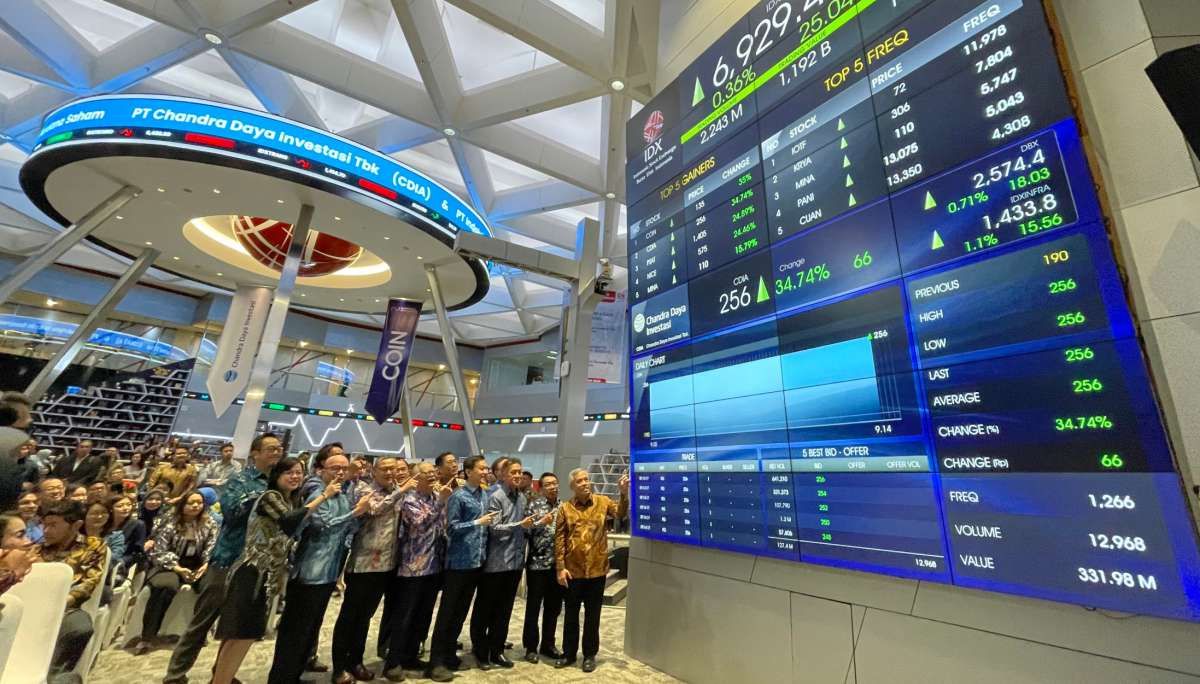Emotional Intelligence Fix: 4 Ways To Stop Making Impulse Trades Based On News Headlines!
In the high-stakes world of trading, impulsive decisions can be your worst enemy. The media’s constant influx of breaking news can push even the most seasoned traders into emotional trading strategies, influenced by fear or excitement. In this article, we offer an emotional intelligence fix: 4 ways to stop making impulse trades based on news headlines! Our aim here is to harness the power of emotional control, enabling traders to navigate the chaotic waters of the stock market with a steady hand.
Read More : The Anti-procrastination Cure: How Opening Your Retirement Account Today Guarantees Future Wealth!
Imagine a trader who, upon reading a shocking headline, plunges into a hasty, unplanned trade. They are not driven by strategy or thoughtful analysis, but by the adrenaline of the moment. Such impulsive behavior can lead to significant financial loss and emotional stress. This scenario is all too familiar for many in the trading realm. The secret to overcoming this challenge is emotional intelligence—a must-have tool in every trader’s toolkit.
Emotional Intelligence in Trading
Emotional intelligence (EI) refers to the capacity to be aware of, control, and express one’s emotions in a healthy and productive way. In the context of trading, a high level of EI helps traders remain calm, make rational decisions, and avoid reactionary trades influenced by volatile headlines. Developing this skill allows traders to step back, evaluate the situation critically, and make informed choices that align with their long-term goals.
Being aware of your emotions as a trader is only one part of stopping impulse trades. Interpersonal skills, like empathy and communication, also play a significant role. These skills can help traders collaborate more effectively with others, understand broader market sentiment, and make better-informed decisions. With practice, traders can turn emotional intelligence into an edge in their trading strategies.
Tackling Emotional Trading
Awareness of emotional responses is the first step. By recognizing emotional triggers, traders can create a barrier against news that could distract or unsettle them. Secondly, adopting a routine of pre-planned responses helps control knee-jerk reactions to breaking news. Thirdly, maintaining strong mental discipline through mindfulness or meditation can increase focus and reduce stress.
Finally, creating a strategy that incorporates risk management tools can reduce the panic that fuels impulsive trading. Whether using stop-loss orders or other financial instruments, a well-crafted safety net ensures that traders stick to their plans despite market turmoil. This is the essence of an emotional intelligence fix: 4 ways to stop making impulse trades based on news headlines!
The Road Ahead
Committing to enhancing emotional intelligence takes time and dedication, but the rewards are substantial. Traders who develop high EI are better equipped to determine when to act and when to hold their ground, making them less susceptible to panic and more adept at securing their financial futures.
8 Topics Related to Emotional Intelligence Fix: 4 Ways to Stop Making Impulse Trades Based on News Headlines!
Structuring an Emotionally Intelligent Trading Plan
Understanding how to structure a trading plan with emotional intelligence as its core can be tricky but rewarding. The process begins with self-assessment. This involves acknowledging personal triggers and assessing how exposure to news affects your trading behavior. By doing so, traders can design specific strategies that mitigate impulsive decisions, making this the foundation of an emotionally intelligent trading plan.
The next step involves creating an actionable plan. This should incorporate clear goals, a defined risk management strategy, and predetermined responses to stressful situations. A robust plan accounts for losses and has mechanisms in place for re-evaluating decisions without the influence of emotional instability.
Finally, embracing continuous learning is vital. The financial market is dynamic, and an emotionally intelligent trader is one who is open to evolving their strategies. Engaging with trading communities and seeking peer feedback can provide new insights and foster personal growth.
Improving Emotional Intelligence in Trading
Investing in emotional intelligence as a trader can transform your trading experience and results. The first step is recognizing and understanding your emotions. By becoming self-aware, you can identify patterns that lead to impulsive behavior, such as reacting to provocative headlines.
Harnessing Emotional Control
Developing emotional self-regulation enables you to respond rather than react to market events. Techniques such as deep breathing, meditation, and mindfulness can significantly aid in achieving this. When you acknowledge emotions without letting them dictate your actions, your decision-making becomes more balanced and considered.
Moreover, empathizing with market sentiment contributes to smarter trading decisions. By understanding how news impacts not only your emotions but those of other market players, you become adept at predicting market movements and adjusting your strategies accordingly.
Tips to Improve Emotional Intelligence in Trading
Developing emotional intelligence in trading doesn’t just protect you from potential losses; it also empowers you to seize opportunities in a calm and collected manner. Implementing these strategies can provide an invaluable emotional intelligence fix: 4 ways to stop making impulse trades based on news headlines! By building an internal resilience and utilizing practical strategies, traders can ensure a more stable and successful trading experience.
In the end, while markets will always be unpredictable, leveraging emotional intelligence will keep you steady amidst the chaos. Dive into the psychology of trading, respect your emotional data, and take the decisive step to transform your trading game today!




